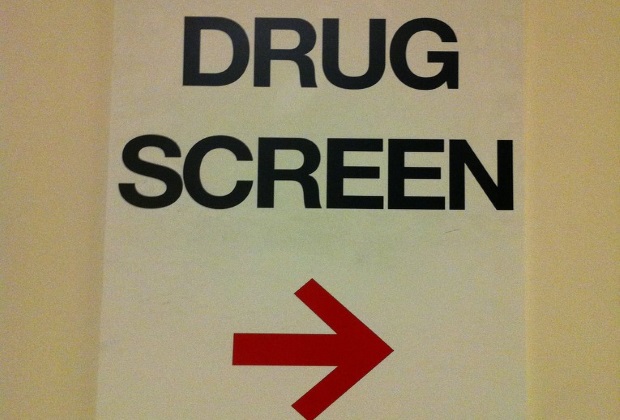When Do Companies Require Drug Tests?

Recent studies have shown that almost 70% of all illegal drug users are full or part time employees. Which is why many companies may require a drug test in the workplace. The test determines whether or not their employee or job applicant is using illicit drugs or had a recent intake of alcohol.
But when do companies usually conduct drug tests? There are a number of circumstances under which a company tests and below are the most common situations.

Pre-employment testing
Many organizations require job applicants, particularly those who reach the final stages of the selection process, to take a drug test. Applicants who fail to produce a negative test may not be hired. Pre-employment drug testing can help prevent hiring individuals who are using drugs illegally.
After an on-the-job accident
In most states, testing for drugs after an on-the-job accident has become a “standard” type of workplace drug testing for many companies. It helps determine whether or not illicit drugs were a factor to the personal injury or property damage. Testing positive may include termination, losing unemployment benefits and rehabilitation. It is recommended to do urine or saliva drug testing within 12 hours of the on-the-job accident.
Random drug testing
These are unannounced tests to prevent drug use in the workplace. The selection is usually computer-generated to ensure that it is indeed random. And everyone in the organization has an equal chance of getting selected for testing. This type of testing is said to be the most effective deterrent of workplace drug abuse because employees are scared of getting caught and losing their jobs. In turn, they keep themselves drug-free.
Observed behavioral pattern
People who use illicit drugs have behavioral patterns that are easily recognizable. Showing frequent absenteeism, constantly borrowing money from co-workers, and having great declines in productivity during working hours may be tell-tale signs of addiction.
The employer must make sure to have consistent definitions of what behavior justifies drug and alcohol testing even early on in the employment.
Reasonable suspicion of drugs
Reasonable suspicion of drugs means that the employer has reason to believe, based on logic and fact, that his or her employee is or has been taking drugs. Examples of this are:
- Direct observation through behavior and physical symptoms like uncoordinated movements, slurred speech, and/or sleepiness during working hours.
- Abnormal conduct and interaction with co-workers.
- Evidence that an employee has tampered with his or her drug test results
- Unpredictable behavior while at work, as well as a decline in performance
- Proof that the employee has used, solicited, transferred and possessed drugs at work or during working hours.
There are also other tests used by employers such as the follow up testing or the post-rehabilitation testing. There are also pre-promotion and return-to-work testing.
Employers should bear in mind that drug testing in the workplace is a sensitive subject. So they should be able provide employees a clear set of details, criteria, and good reasons as to why they want them to undertake such a process.
Image credit

